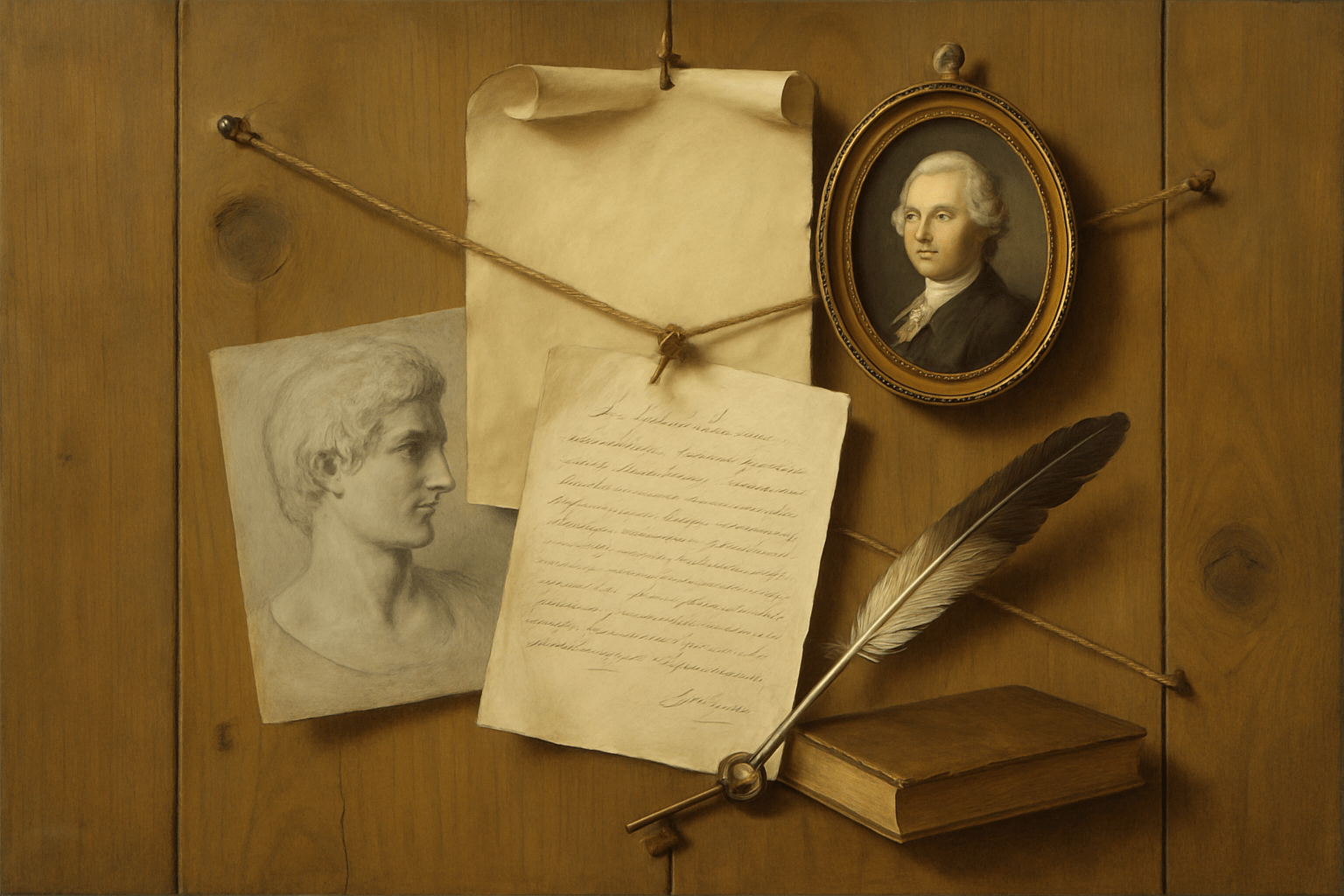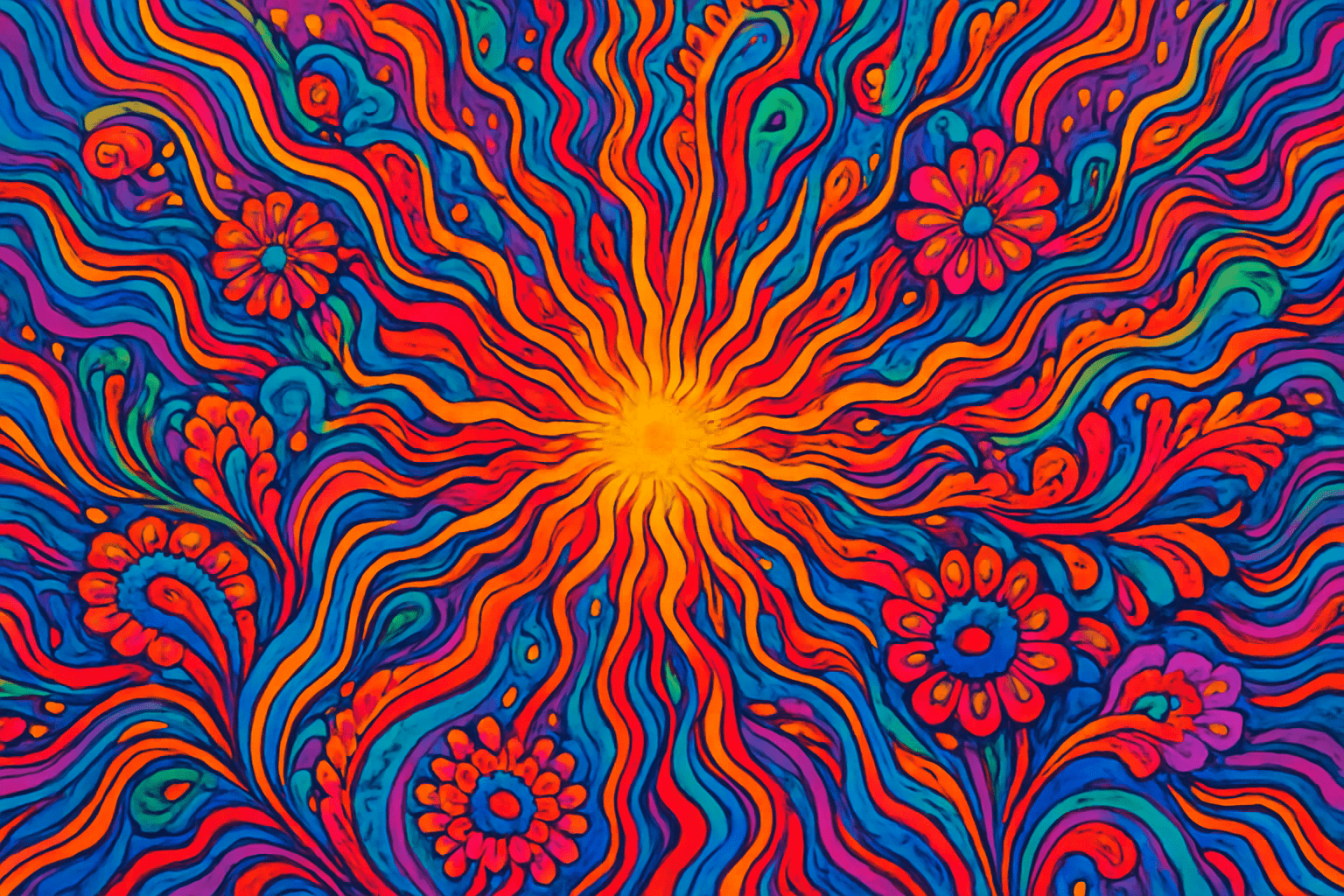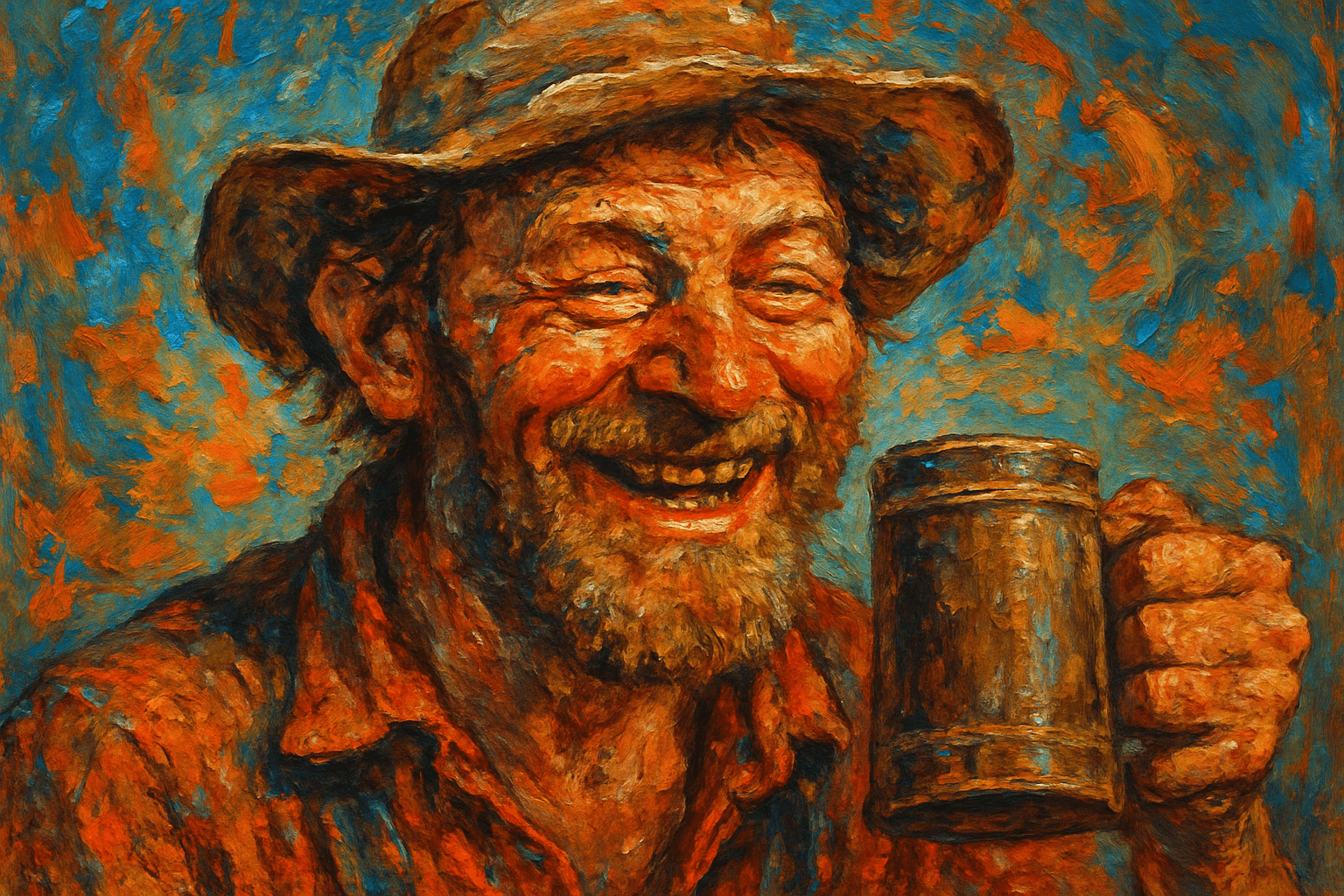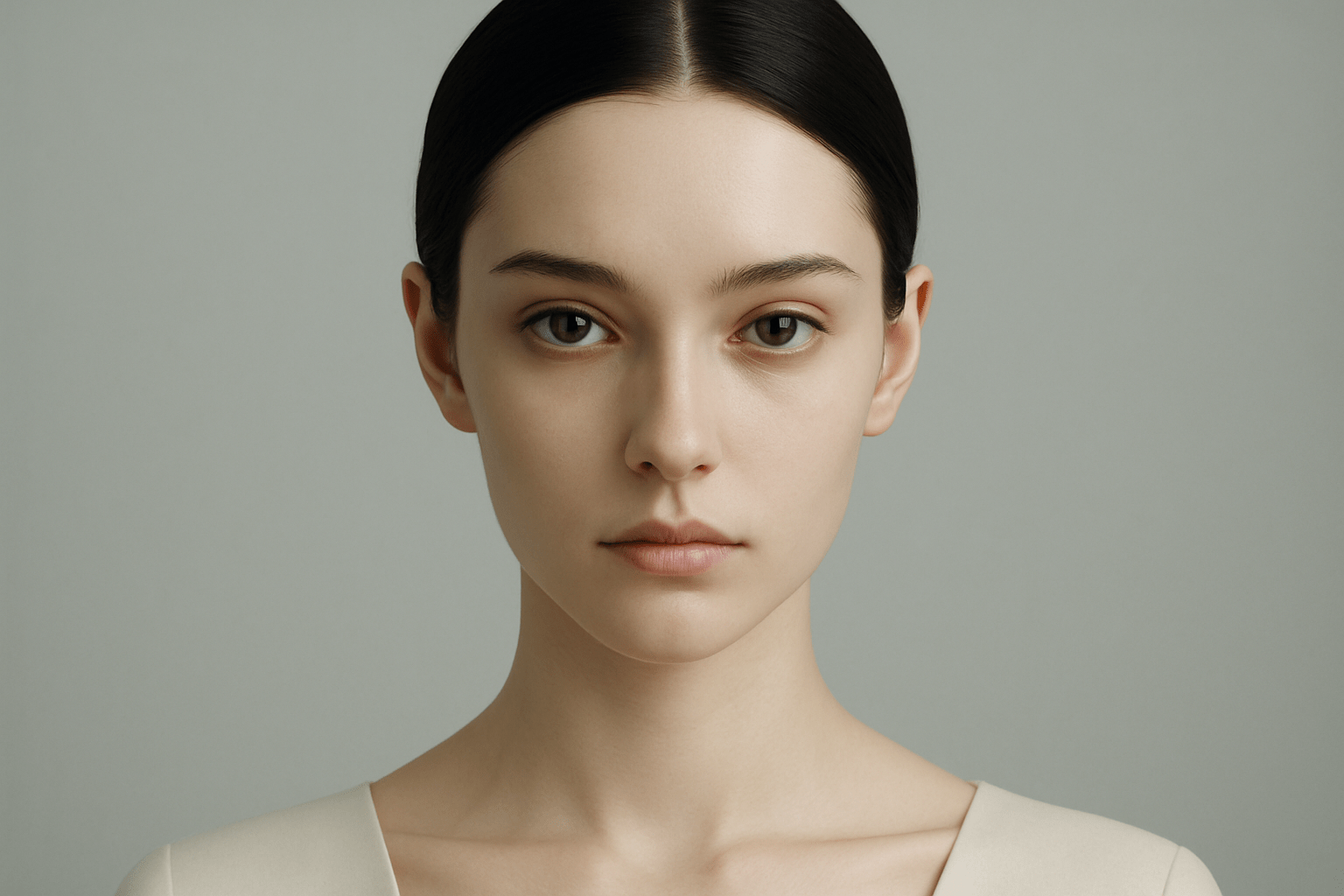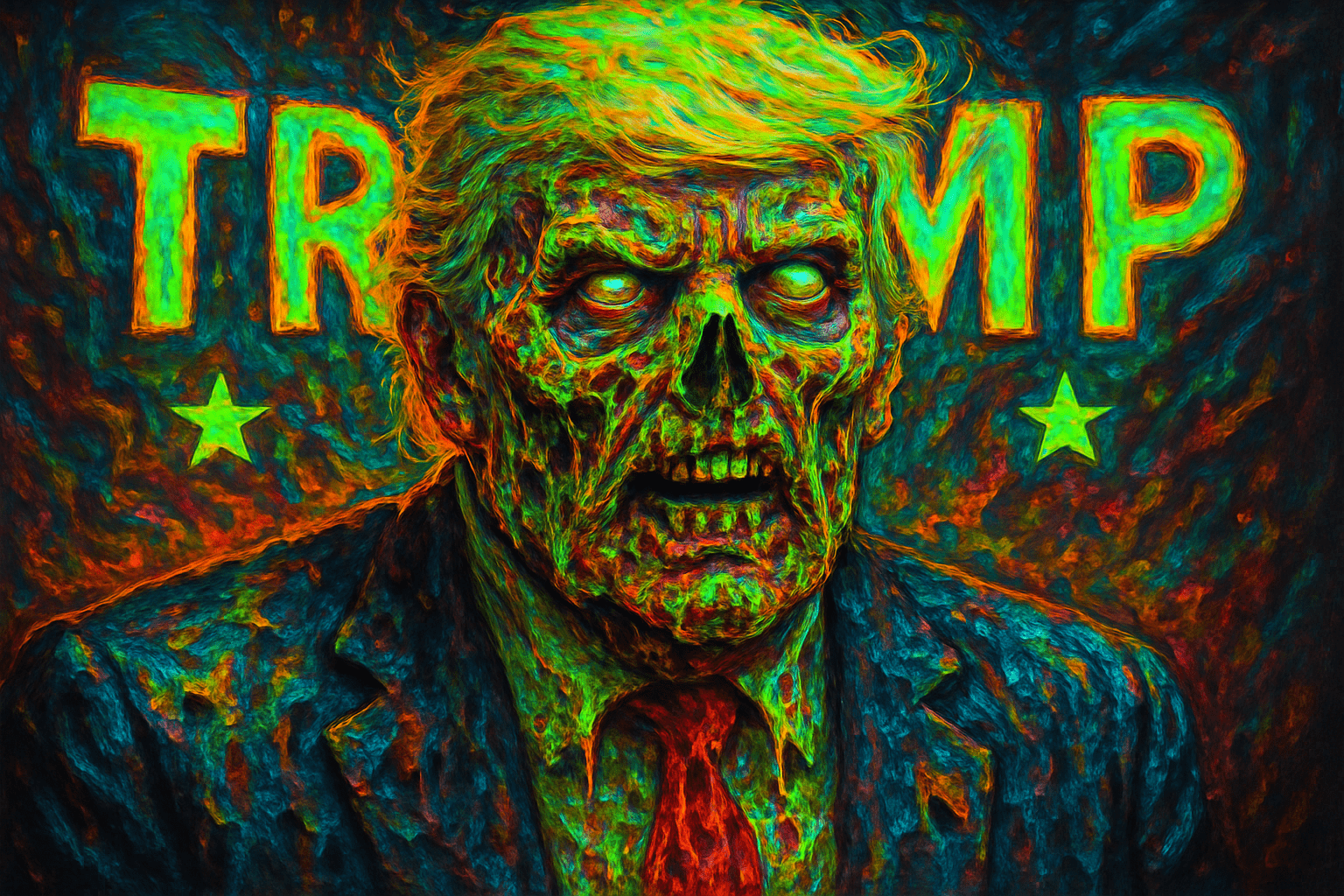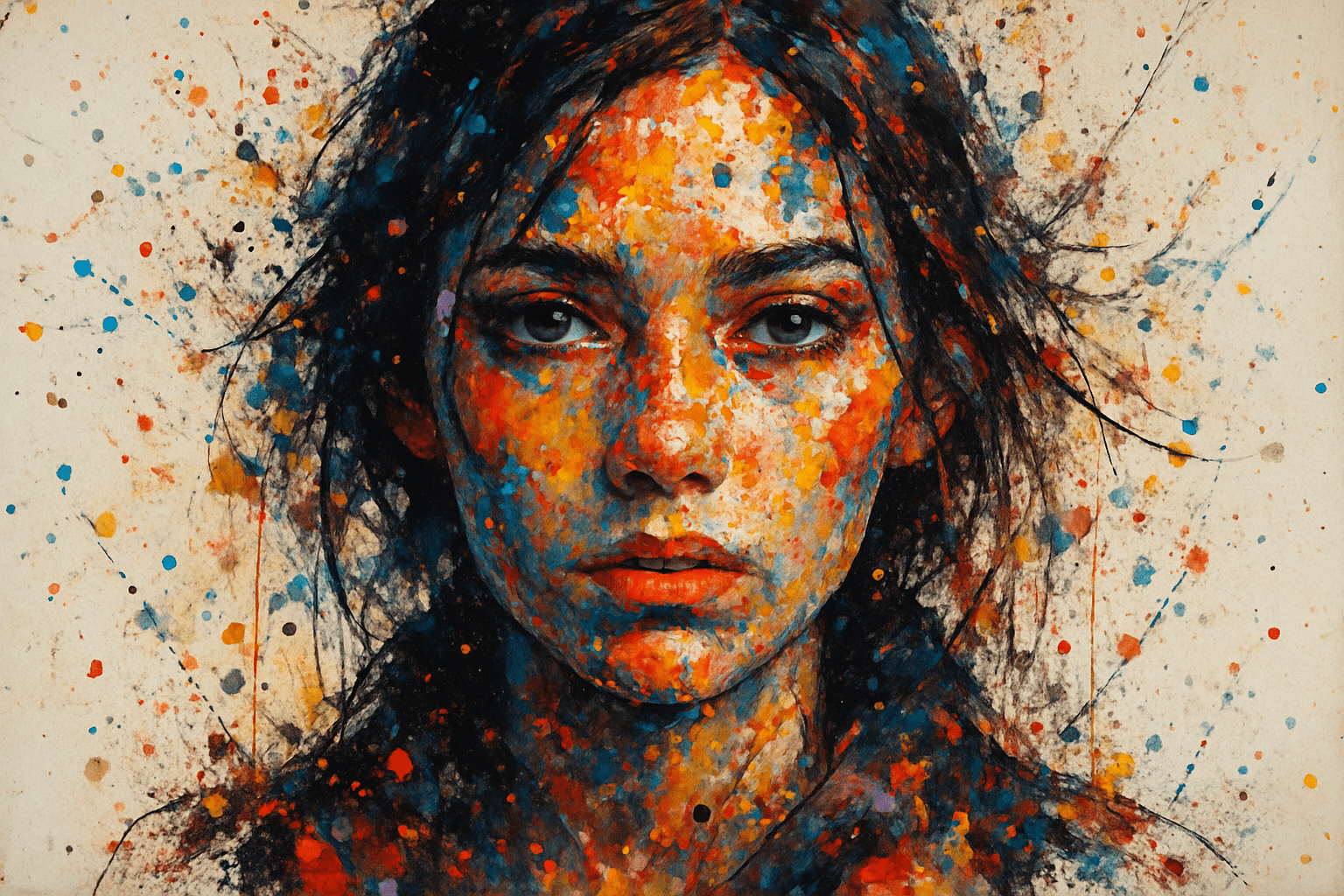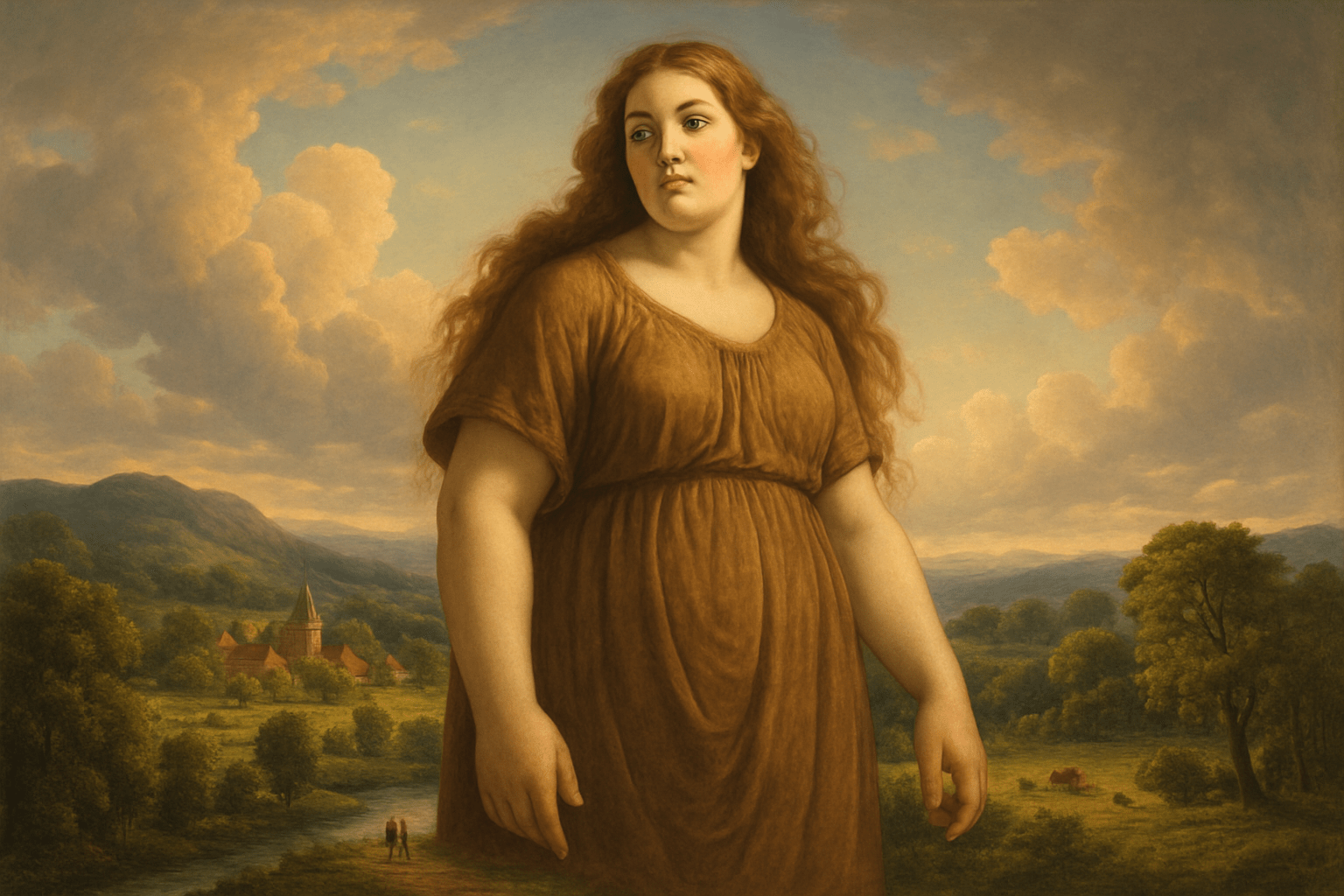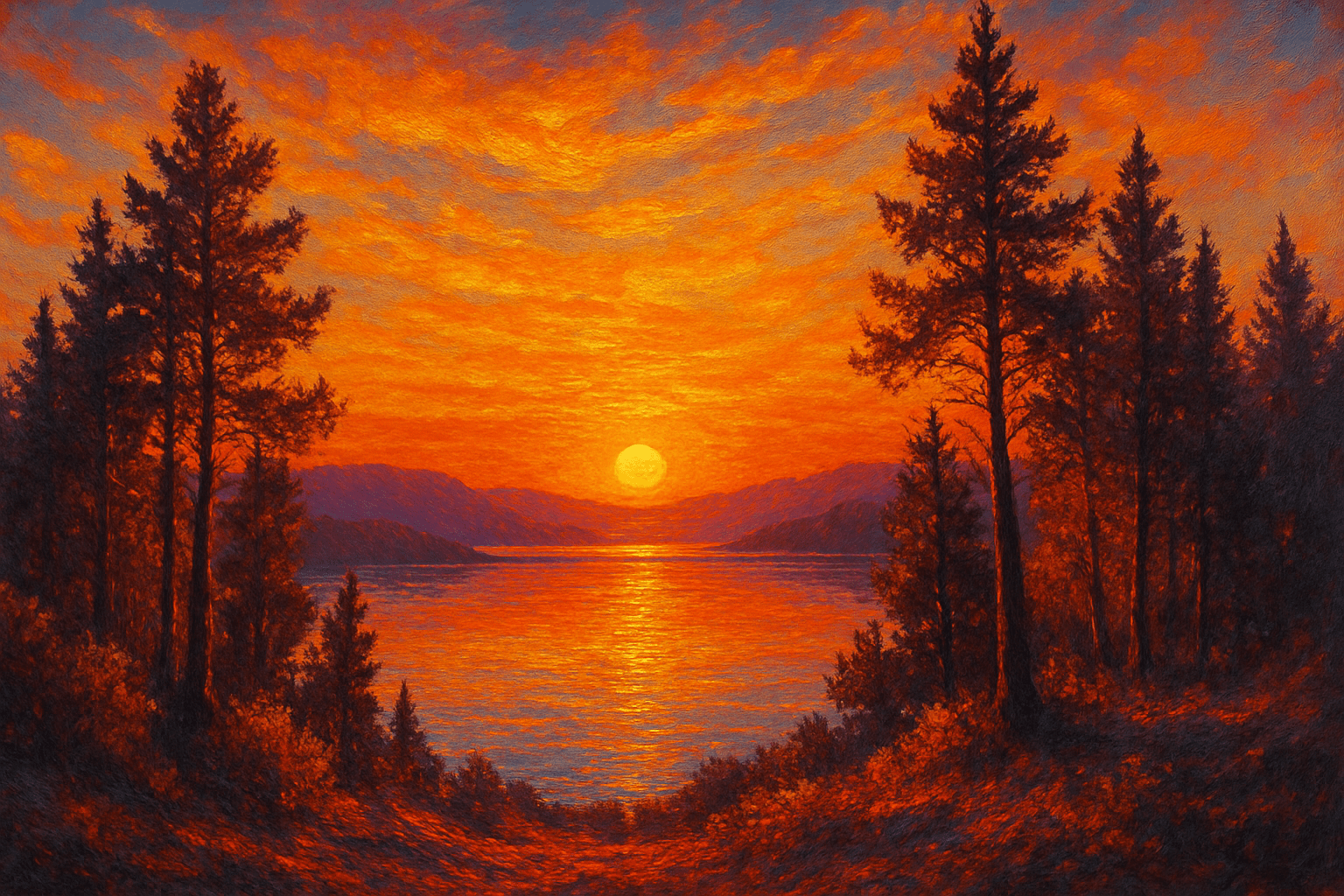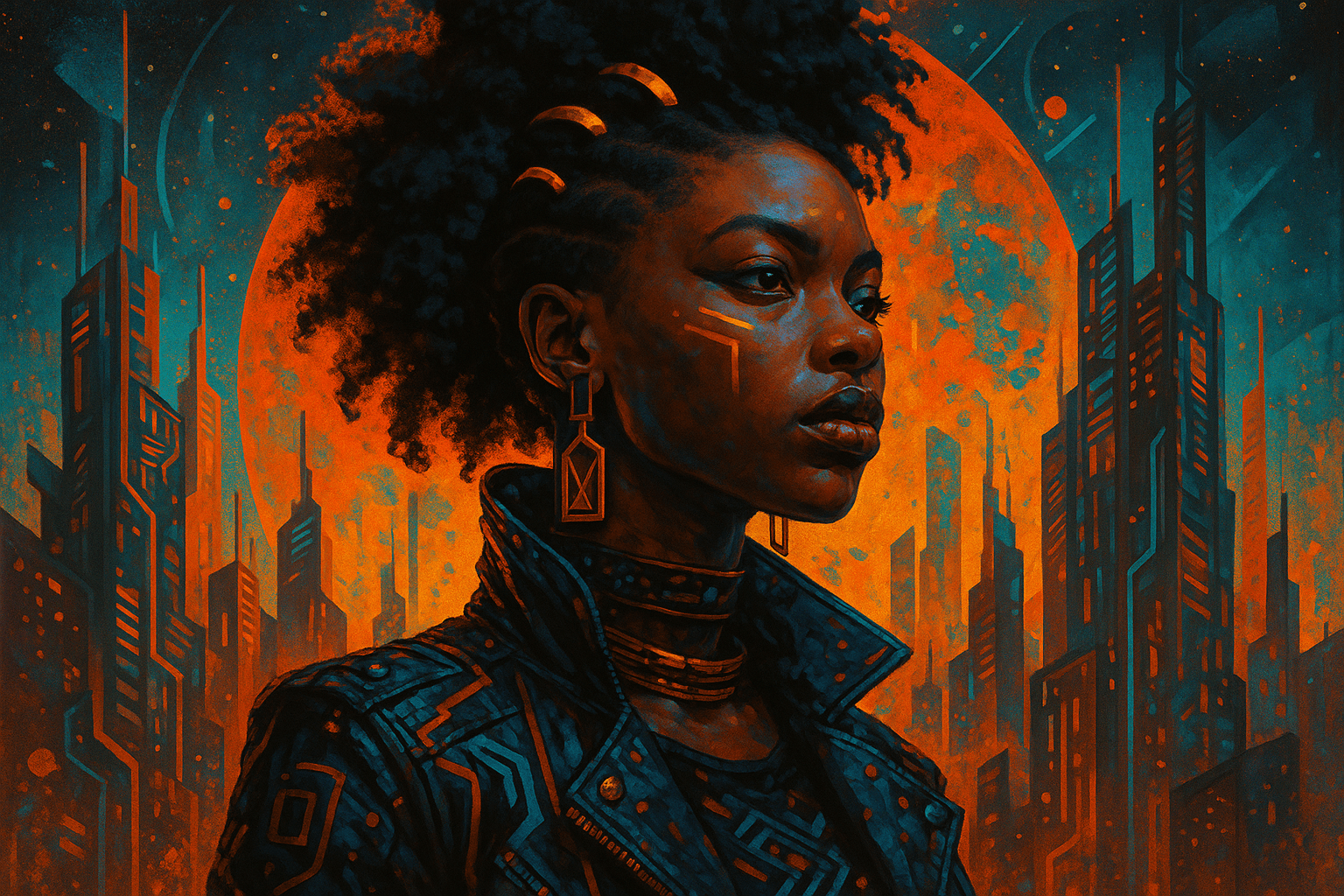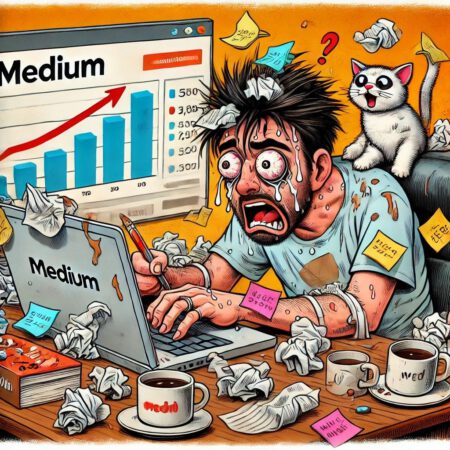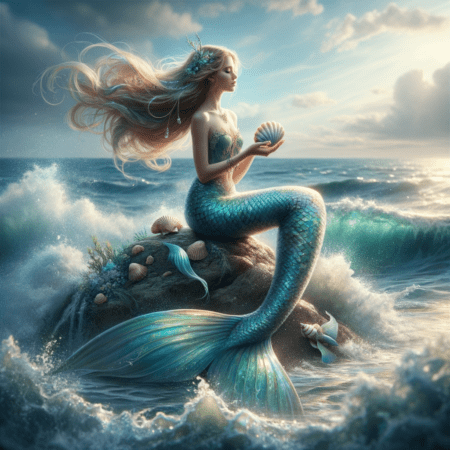
Trompe-l’œil
Paintings appear to leap from their canvases, masterfully imitating textures and forms with acute precision, a testament to the artist’s ability to weave visual trickery.
AOI thinking about Trompe-l’œil [+_~]-/
Overview and Quickfacts
Illusionistic art playing tricks with perception, beguiling the eye with clever mimicry and deft artistry, challenging the boundary between reality and illusion.
Can understand it also, as:
Trick of the eye, Optical illusion painting
Categorize it as:
Baroque, Neo-Classical
.: Dreaming :.
Canvas tells no lies, yet Through trompe-l'œil enchantment, The eye believes all.
:. Thought is power .:
Detailed Description
Originating in the frescoes of antiquity and flourishing in the Renaissance, Trompe-l’œil dares viewers to question their senses. Masterful in its deceit, it turns flat surfaces into portals of depth and dimension. Classical masters harnessed its magic in ceilings that opened to skies, walls that transformed into arcades, inviting even modern eyes to marvel at its clever deception.
.. beep, beep, beep ..
<START OF TRANSMISSION>
1. Trompe-l'œil translates to "deceive the eye." 2. Known for realistic imagery over two millennia. 3. Romans frescoed this art in their architecture. 4. Originated in the baroque age and persists today.
<EOF>
.. robbel bob
Visual Examples from our image gallery
Coming soon, we are so slow .. might never come
Artists, Paintings, and more
(be aware, can be highly speculative)
Artists (be aware, speculation possible):
1. Andrea Pozzo (1642-1709) 2. Jean-François de Rappel (1668-1736) 3. Cornelis Norbertus Gysbrechts (1670-1711) 4. Guillaume Bodinier (1795-1872) 5. Pere Borrell del Caso (1835-1910)
Artworks (be aware, speculation possible)
1. Andrea Pozzo’s Church of Sant’Ignazio ceiling 2. Jean-François-Raffaëlli’s “The Café” 3. Cornelis Gysbrechts’ “Reverse of a Framed Painting”
Epoch
Antic through Renaissance and Baroque to Modern-day
AI ART RESSOURCES (AKA, well Tools)
Helping tools -> predefined search links on other pages:
